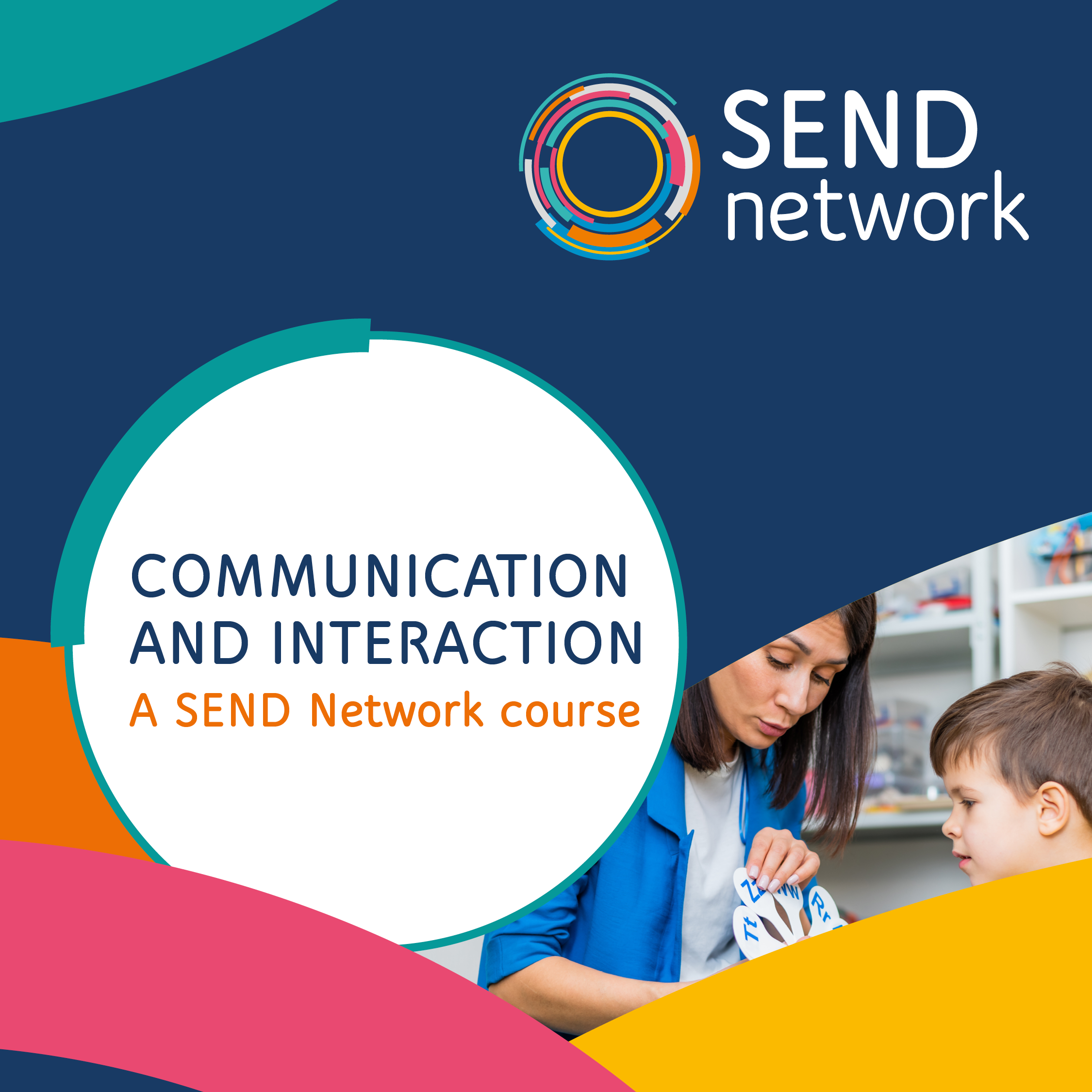4 Talking Points on SEND’s Place in Society Following the SEND Review

To obtain support such as Education Healthcare Plans (EHCP) or Disability Living Allowance children must regularly demonstrate failure to perform the same tasks as their non-disabled counterparts. For those requiring the most support, receiving an EHCP also requires demonstration of failed interventions. Needing to be seen to fail at tasks other children succeed at can be humiliating and fosters an idea that SEND is a curse on a child which makes them lesser. The indignity this process causes spans beyond the pupil to their family and often causes adversarial relationships between them and the education system.
Our belief in a meritocracy can affect SEND pupils’ internal beliefs.
The idea that anyone can achieve success through hard work may be inspiring for many, but there is only so much room at the top, so for there to be meritocratic winners there must also be losers. If SEND pupils are set up to believe that they are lesser than their peers due to deficit narratives, then they will internalise that they are destined to be the “losers.” This heavy focus on winning and losing inherently narrows our ideal version of success to be that which is achieved by the ‘winners.’ In this case that is achieving high level qualifications and finding oneself in high paying profession. By refusing to look beyond this, we are inevitably labeling those unable to achieve traditional academic credentials as unsuccessful and stripping them of their dignity, regardless of what they achieve.
We need to be better at viewing SEND pupils as complete humans.
Because of the complex nature of learning disabilities, expectations of SEND pupils often go directly to a worst-case scenario even though many of them are capable of achieving traditional measures of success. These children deserve to be supported wherever necessary, but still to be taught and challenged just like any other pupil, working with their unique needs to support them on their educational journey instead of seeing their condition as some insurmountable challenge.
The Green Paper, however, presents the idea that with early intervention, SEND can be lessened or even prevented so that these pupils can be included in the meritocratic process. It’s a well-intentioned thought process, but reinforces the idea that there is an optimum type of child and that SEND pupils need to be ‘fixed’ to be more like them.
We need a wider view of success.
Schools aim to provide a universal, inclusive pathway to allow for social mobility. However, the meritocratically advantageous skills suited to this path are not equally distributed and straying from this path is seen as a delay in progress and often a failure. A more genuine form of inclusion would be to broaden our idea of what we celebrate as success, celebrating the everyday successes instead of just job and salary prospects. If we are truly going to move on from our narrow ideas for a “good life” we need to be able to celebrate disability achievement without having to frame it as a movement up the meritocratic chain or escaping from their condition.
Changing societal perspectives is a herculean task, and it’s unlikely that school SEND reform will be the “silver bullet” often dreamed about. The Green Paper’s proposal for national standards for SEND are absolutely a step in the right direction for the sector but these national standards should be expanded to deal with other issues within the SEND system. Tom and Ben suggest implementing National Standards to address the challenges of dignity and deficit framing within the SEND system. These standards would include framework for: Affirmative Language, dignity of process, broad views of success and need vs identity.
By Sam Powell, Content Executive for GovNet and the Schools & Academies Show.




%20(1).png)